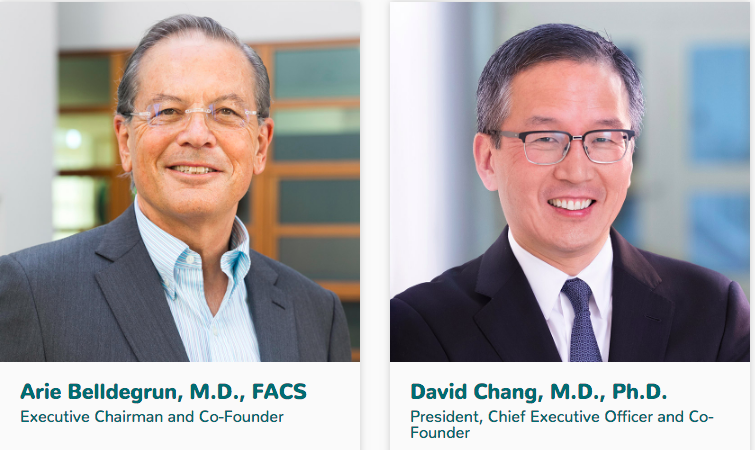
Another CAR T production facility is slated for the U.S. as a biotech moves down the road with a bucket full of cash and a fist full of candidates. But unlike currently approved CAR T treatments, Allogene Therapeutics is looking to use donated T-cells that may simplify the very complex manufacturing processes.
Allogene on Wednesday announced it has a lease that will allow it to develop a 118,000 square-foot cell therapy manufacturing facility in Newark, California, in the San Francisco area. The facility is being designed to provide both clinical supplies and commercial product if Allogene makes it to the finish line with one of its treatments. A CMO that currently makes its clinical supply will remain in the mix.
“Building state-of-the-art manufacturing capabilities is at the core of our strategy to deliver readily available cell therapy faster, more reliably and at greater scale,” Alison Moore, Allogene chief technology officer said in a statement. “This manufacturing facility and continued build out of our in-house process development and characterization capability will allow us to advance manufacturing and secure the supply of our AlloCAR T therapies.”
Allogene was launched in April by Arie Belldegrun and David Chang, former execs at CAR T player Kite, which is now owned by Gilead. They have raised about $ 700 million and have a suite of preclinical allogeneic CAR-T assets.
While the two FDA-approved cancer CAR T treatments, Novartis’ Kymriah and Gilead’s Yescarta, are made from autologous T cells taken directly from patients, Allogene is investigating the use allogeneic T cells that come from donors and can be stored for so-called “off the shelf” use. CFO Eric Schmidt has said that if Allogene can pull it off, the approach could “be disruptive to the landscape.”
That assumes it works. It will still be a complex process since genes within T cells must be edited to reduce the risk of graft versus host disease (GvHD) and allogeneic rejection, the company has explained. As with the autologous approach, the treatments need to be cryopreserved for delivery to facilities that inject them into patients.
Other biotechs also are exploring the process, even Novartis, which has run into difficulties producing Kymriah with patients’ own T cells. The Swiss drugmaker said recently it is working with Intellia Therapeutics to investigate off-the-shelf CAR-T cells using CRISR-Cas9 gene editing.
